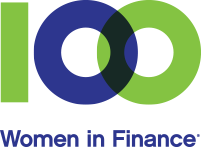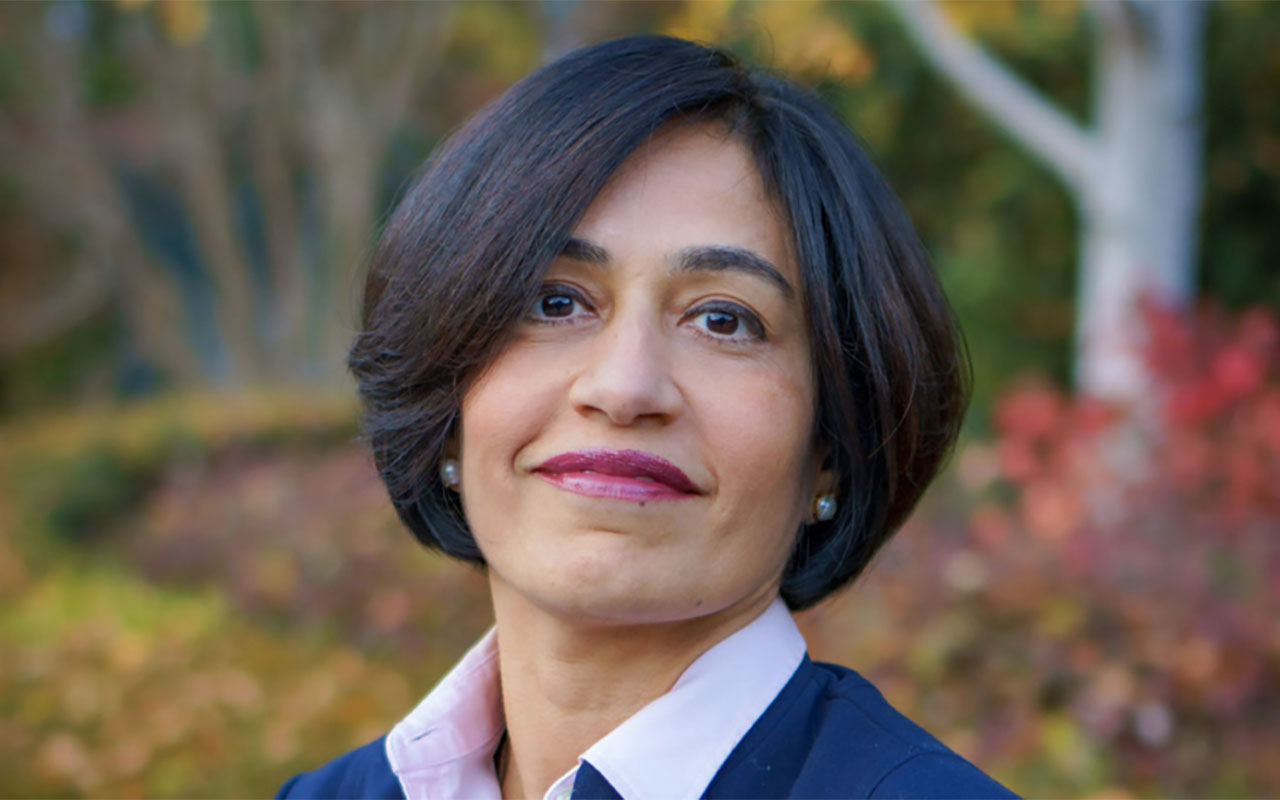Excerpt from the podcast series AAAIM High ELI with Johnny Wu, sponsored by the Association of Asian American Investment Managers, better known as AAAIM.
Pooja had a very successful career at Barclays Global Investors, (BGI), where Pooja was promoted quickly to become one of the youngest managing directors at the firm after successfully turning around BGI’s active small cap equity strategy. Pooja has been a perennial underdog all her life but has tackled every conceivable obstacle and overcome them by leaps and bounds. As the middle child and daughter of a strong Indian mother who raised her family as a single parent after the death of her father when Pooja was just 12, Pooja learned a lot about grit and determination from her mother. As a woman and minority, Pooja is a role model and an inspiration for all of us in the AAAIM community. I’m so happy to have had the opportunity to speak with her. She believed enough in herself to launch her own hedge fund almost 10 years ago and took the time to share her story with us. Below is our conversation with Pooja Malik.
Q:
You’re a strong, confident, independent woman, but let’s start from the beginning, because everybody has a story. I think upbringing is really important. You’re from India initially before coming to the US, but talk a bit about your early days and your early influences.
A:
Q:
Your mom must be a very strong woman. She had never worked before, and then after your dad had passed and she had to kind of enter the workforce there. Especially whether it’s India or other societies, there’s some societies today where women can’t even drive cars. I think about India, very male dominated. What was that like?
A:
Q:
I’m curious, so you go through the educational system in India. I haven’t heard of your undergraduate college before. Well, a lot of my Indian friends who are mostly men, it’s like if you’re not in an IIT school, then it’s just like… So talk to me a bit about that. Were you an underdog even in your early college years as well, too?
A:
Q:
Then you decide directly after undergrad to go to business school and get your MBA?
A:
Q:
Your first job working for ICICI, your title on your LinkedIn profile is credit and relationship officer, but you were actually managing the credit portfolio then?
A:
Q:
Then the transition, I know there was a stop at the Indian School of Business before you moved to the US. I’m very curious, because oftentimes the way for opportunity, a lot of really smart Indian expats that come to the US, they apply for graduate school, whether it’s the sciences or an MBA program, engineering program. You didn’t take that path, although you did get exposed to some of it. Talk to me about that process and leading up to coming to the US.
A:
Q:
That sounds a little bit like a disaster, in terms of… It’s great that you ended up at BGI, but the stress around getting sponsorship for the green card, I’m sure, etc. How did that play out? Were you in fear of, “Okay, these guys are no longer honoring their commitment because of the dot com crash”? What was that like then?
A:
I think the most interesting part of it was the experience of getting laid off and not having a job. Because culturally in India, in those days, especially, there was no concept of getting laid off. When you said you were laid off, people hear it as you got fired, and that’s terrible. I think the whole transition was an interesting experience. I found this job at BGI pretty quickly, probably took a couple of months. I actually had multiple offers at that time, so I think all in all it worked out well.
Q:
So you land your job at BGI. Talk to me about your growth and development there.
A:
Q:
You were on the more institutional side, what BGI historically has known as the quant business, if you will. Making that transition, you spend a couple of years in corporate strategy and then did you raise your hand and say, “Hey, I want to learn to be a PM”?
A:
But Barclay’s Global Investors, BGI, we were really good at managing money. And so I said, “Well, if I’m going to do anything, that’s what I want to do here, because that’s the thing we do really, really well.” I started to explore opportunities on the research team. That was also an interesting transition, because as you mentioned, the firm was known for quantitative investing and everybody on the research team had a PhD. Everybody was a quant and I wasn’t. I had never managed a single dollar in equity assets. I knew very little about statistics. I could not write code. It was a transition, but I think it was a very supportive environment. I literally went to the Head of Research and I said, “Give me an opportunity. Let me do it for a year. If it doesn’t and work, I leave. I don’t want to spend my life doing something that I’m not going to be good at. But if it works, we can reevaluate and take it from there.” For me, it was such a big turning point in my career because not only did it work, I loved it. I loved what I did. I learned every part of the business. I learned to scrub data. I learned to write code. I think that opportunity that I got really changed my life.
Q:
That’s interesting because you weren’t going to be a better coder than the folks that studied computer science and they were gurus. You weren’t going to be a better data scrubber than the folks that naturally manipulate data from an early age. But learning the nuts and bolts of that, it’s really important to kind of inform the process in terms of understanding, running an overall business.
A:
Q:
You must have done something really right. Because for them to graduate you right from being in research to being actually a portfolio manager, that’s a big step as well, too. Talk a bit about that.
A:
Q:
You were a portfolio manager and you had shared that you were one of the youngest managing directors as well within BGI. How did that kind of come across among your peers? Did people look at you in awe in terms of she’s a superstar or what was that like?
A:
Q:
So now you’re no longer at BGI. You’re at BlackRock. What was the kind of difference in performance?
A:
With my team, I revamped each part of these models. We looked at the expected return model and we found that it was a good model, but was not really tailored for US small cap stocks. So small cap stocks trade very differently from large cap stocks, which sounds obvious. But I think the big difference is that large cap stocks trade, or at least in those days, traded really on fundamentals. Because large cap stocks had reasonably forecastable cash flows. You can say what the next three year cash flow is going to be. But for small cap stocks, these are very high growth, high failure rates. Small cap stocks really traded more on investor sentiment. We redid the models in a way that made them more relevant for the small cap model. That’s why we felt very good about what we did, because we turned around performance, but we also structurally laid the foundation for success.
Q:
“You’re younger, you’re a woman, and you’re not American. And it’s like, who is this person? She’s from research. She’s smart, but is she going to be the person that turns around the portfolio?” But you did it.
A:
Q:
You managed through the crisis, through the end of 2010, at which point you leave BlackRock at that point in time, and then decide to start your own business. What type of advice did you get then? “Oh, don’t worry, Pooja. You’re a woman. You’ve got good return. You’ve got this great turnaround, still the youngest MD. You’re going to turn on the lights and the billions are going to start coming in.

